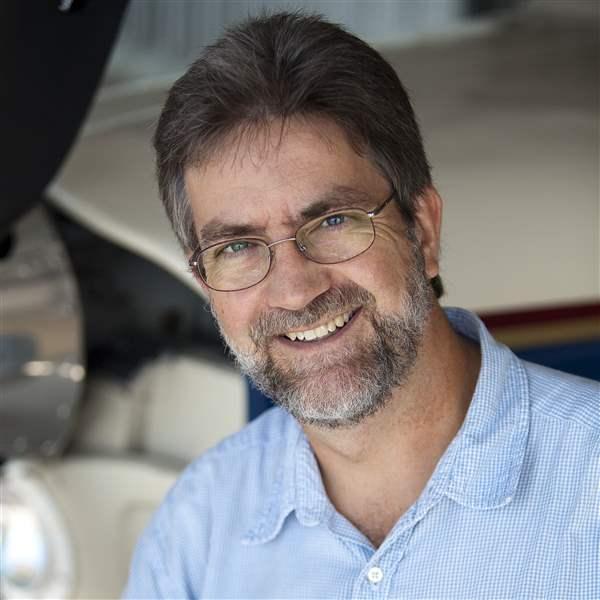Delta Connection Academy (DCA) and Aerosim Technologies have been acquired by Flight Training Acquisitions LLC of Burnsville, Minn., in a transaction valued at just under $50 million, FTA announced Jan. 13. The new company was formed by Lincolnshire Management, Inc., a private equity firm; GTI Group LLC, a private investment firm; Delta Air Lines; and Aerosim and Delta Connection Academy management to develop global aviation training capabilities, and to develop and market simulation-based products.
The main campus of DCA is located at Florida’s Orlando Sanford International Airport; DCA also provides flight training for three colleges and universities in the United States. The academy, established in October 1989 by Comair Airlines, operates a fleet of 73 aircraft and has a combined total enrollment of more than 550 flight students. Delta Air Lines, which owned DCA, retains an ownership stake in Flight Training Acquisitions.
Aerosim Technologies of Burnsville, Minn., founded in 1993, specializes in low-cost, high-fidelity, simulation-based training products and offers pilot and maintenance technician training tools for ground school, flight training, and distance learning applications. Aerosim was privately held; two of its principals are among FTA’s owners.
Aerosim and DCA have had a relationship since 2007. The academy uses desktop avionics system trainers, advanced aviation training devices, and flight training devices for its Cirrus aircraft that were manufactured by Aerosim. The combined entity, which employs 500 people across five training centers, anticipates $40 million in sales during 2010.
Current plans are for Aerosim and DCA to continue operating under their existing names, said Dave Rapley, Flight Training Acquisitions’ chief executive officer.
Rapley believes the new company will be able to provide training more efficiently. “If you look at today’s training, whether it’s the airlines or ab initio pilots, we’re really all about trying to save money,” he said. In addition, today’s high reliance on technology means a high reliance on training equipment—both access to the equipment and updates to keep pace with the aircraft and technology. “By putting the two together, it gives you a better product to sell.”
A major emphasis for the new company will be the large global market demand for ab initio pilot training, he explained. Initial efforts by FTA will include consolidating sales and marketing teams. Rapley said that Aerosim, which already has a strong presence internationally, will market the academy to international customers.
The goal is increased student enrollments at the academy. “We’ll continue to add our technology. There are other training aids that we can continue to bring into the academy,” he said. For example, academy students could get more exposure to commercial air transports with the addition of simulators for the Airbus A320 and Boeing 737NG.
Domestic students will continue to be very important for the academy, especially with airline hiring expected to pick up as pilots reach 65 years of age. In late 2007 the FAA increased the mandatory retirement age for airline pilots from 60 to 65. “I think hiring for some of the regionals has already started,” said Rapley, who sees the domestic market turning around by 2011.
Although Rapley strongly believes that the United States is the best place to train pilots—because of its infrastructure and for other reasons—he said the academy definitely will consider establishing locations outside of the country. “International partnerships are definitely within our business plan,” he said.



